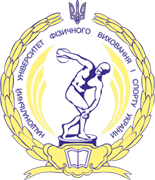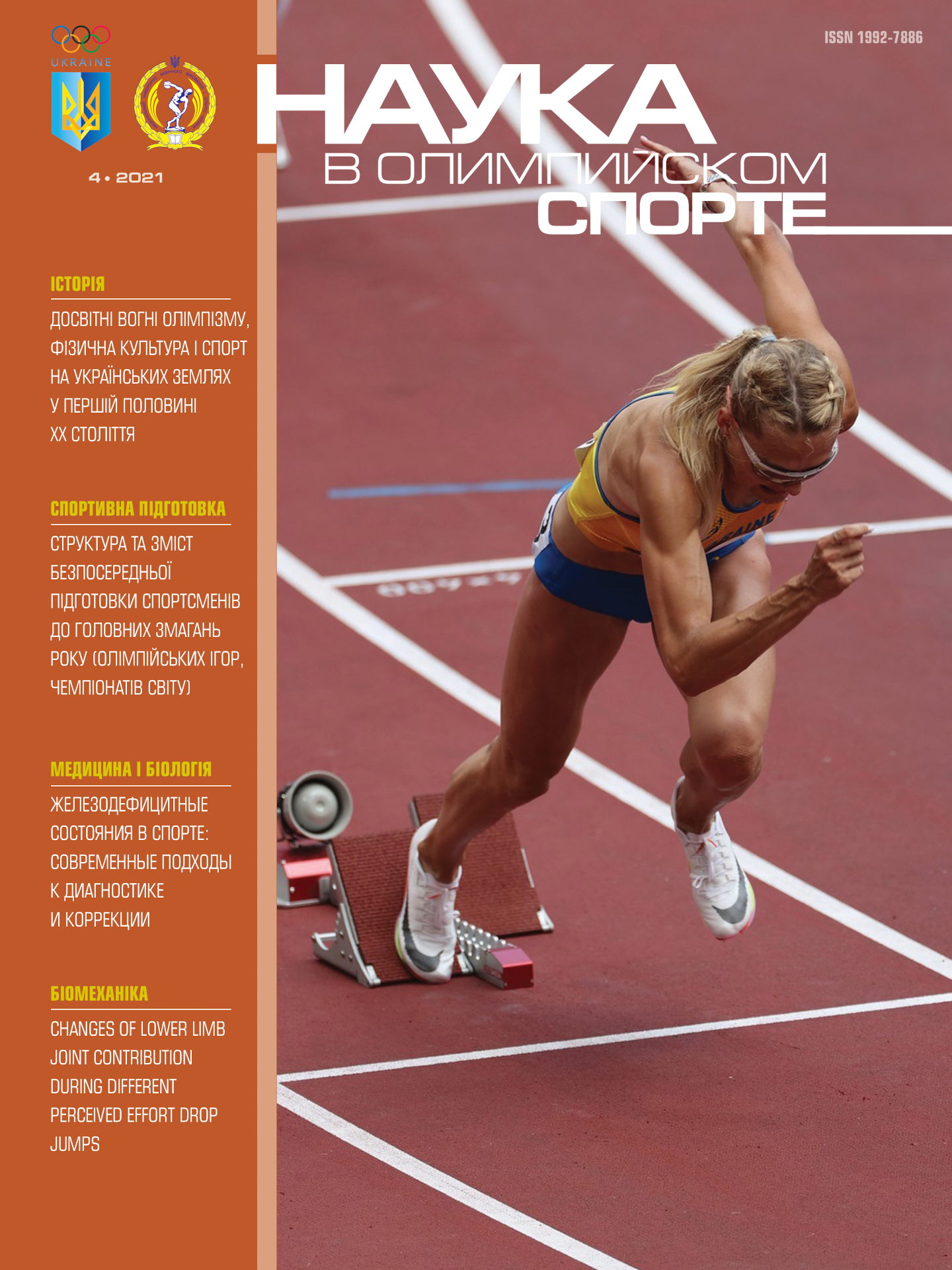Abstract:
The system of Olympic training of athletes in Norway Vladimir Platonov, Yurii Pavlenko, Vladimir Tomashevskii
Objective. To carry out an analytical review and to identify the features of the system of Olympic training of athletes in Norway.
Methods. Analysis and generalization of scientific and documentary data. The material for the study was information on the main components of high performance sport and Olympic training, which determine the success of Norwegian athletes at the Olympic Games since 1992.
Results. The sporting achievements of the Norwegian national team at the Winter Olympics, which is second only to German athletes, are far superior to those of many countries with a high level of development of winter sports. A number of factors were found to contribute to this development, including the establishment of a centralized training system for the strongest athletes based on the generalized experience of the former socialist countries and the creation of the Olympiatoppen organization; differentiated financing of national sports federations and organizations from various alternative sources; development, generalization, analysis, and introduction of new knowledge and best practices; creation of a powerful modern material and technical foundation with a network of sports training centers; balancing of athletes training and education, their personal and social life; comprehensive physical education and formation of a healthy lifestyle of children with the exception of unnecessary early specialization and forced preparation; multi-stage organization of the multi-year training of high-class athletes.
Conclusions. The achievements of the Norwegian athletes at the Olympic Games are the result of a well-thought-out and wellimplemented Olympic training system, in which rich national traditions and achievements are successfully complemented by advanced world experience and knowledge. Norway has convincingly demonstrated that a country with a very limited human resource, when a rational organization of business and an advanced, scientifically sound training method are used, is capable of successfully competing with big sports countries, which have commensurately greater resources.
Objective. To carry out an analytical review and to identify the features of the system of Olympic training of athletes in Norway.
Methods. Analysis and generalization of scientific and documentary data. The material for the study was information on the main components of high performance sport and Olympic training, which determine the success of Norwegian athletes at the Olympic Games since 1992.
Results. The sporting achievements of the Norwegian national team at the Winter Olympics, which is second only to German athletes, are far superior to those of many countries with a high level of development of winter sports. A number of factors were found to contribute to this development, including the establishment of a centralized training system for the strongest athletes based on the generalized experience of the former socialist countries and the creation of the Olympiatoppen organization; differentiated financing of national sports federations and organizations from various alternative sources; development, generalization, analysis, and introduction of new knowledge and best practices; creation of a powerful modern material and technical foundation with a network of sports training centers; balancing of athletes training and education, their personal and social life; comprehensive physical education and formation of a healthy lifestyle of children with the exception of unnecessary early specialization and forced preparation; multi-stage organization of the multi-year training of high-class athletes.
Conclusions. The achievements of the Norwegian athletes at the Olympic Games are the result of a well-thought-out and wellimplemented Olympic training system, in which rich national traditions and achievements are successfully complemented by advanced world experience and knowledge. Norway has convincingly demonstrated that a country with a very limited human resource, when a rational organization of business and an advanced, scientifically sound training method are used, is capable of successfully competing with big sports countries, which have commensurately greater resources.
Аннотация:
Цель. Осуществить аналитический обзор и определить особенности системы олимпийской подготовки спортсменов в Норвегии.
Методы. Анализ и обобщение данных научных и документальных источников. Материалом для проведения исследований была информация об основных составляющих системы спорта высших достижений и олимпийской подготовки, определяющих успехи спортсменов Норвегии на Олимпийских играх, начиная с 1992 г.
Результаты. Показаны спортивные достижения национальной команды Норвегии на зимних Олимпийских играх, которые уступают только спортсменам Германии и намного превосходят показатели многих стран с высоким уровнем развития зимних видов спорта. Установлено, что этому способствовало: формирование централизованной системы подготовки сильнейших спортсменов на основе обобщения опыта бывших социалистических стран и создания организации Olympiatoppen; дифференцированное финансирование национальных спортивных федераций и организаций из разных альтернативных источников; разработка, обобщение, освоение и внедрение новых знаний и передового опыта практики; создание мощной современной материально-технической базы с сетью спортивных тренировочных центров; сбалансированность процесса подготовки спортсменов с их образованием, личной и общественной жизнью; соблюдение полноценного физического воспитания и формирование здорового образа жизни детей с исключением излишне ранней специализации и форсированной подготовки; многоступенчатость в организации многолетней подготовки спортсменов высокого класса.
Заключение. Достижения норвежских спортсменов на Олимпийских играх явились следствием хорошо продуманной и четко реализованной системы олимпийской подготовки, в которой богатые национальные традиции и достижения были удачно дополнены передовым мировым опытом и знаниями. Норвегия убедительно продемонстрировала, что страна с крайне ограниченным людским ресурсом при рациональной организации дела и передовой, научно обоснованной методике подготовки способна успешно конкурировать с великими спортивными державами, обладающими несоизмеримо большими ресурсами.













